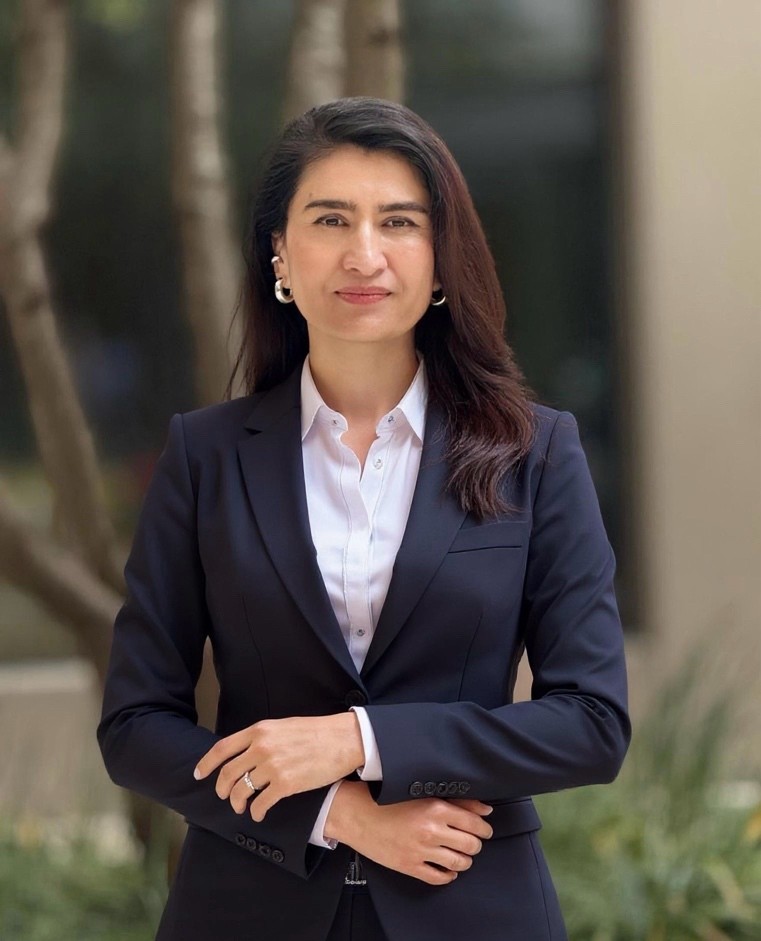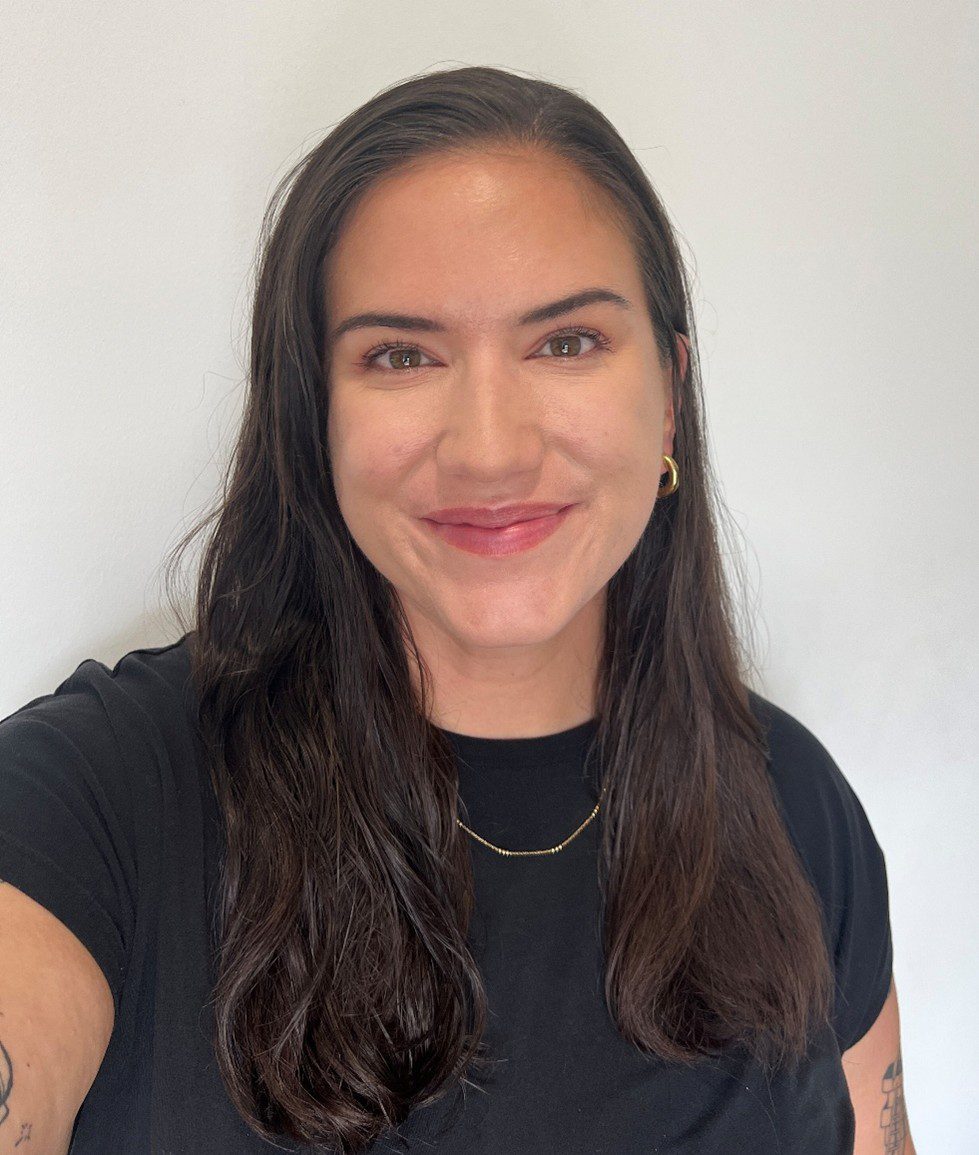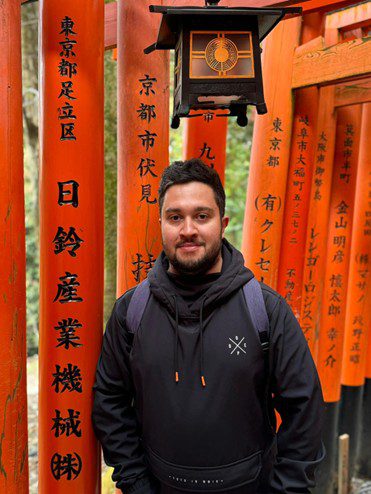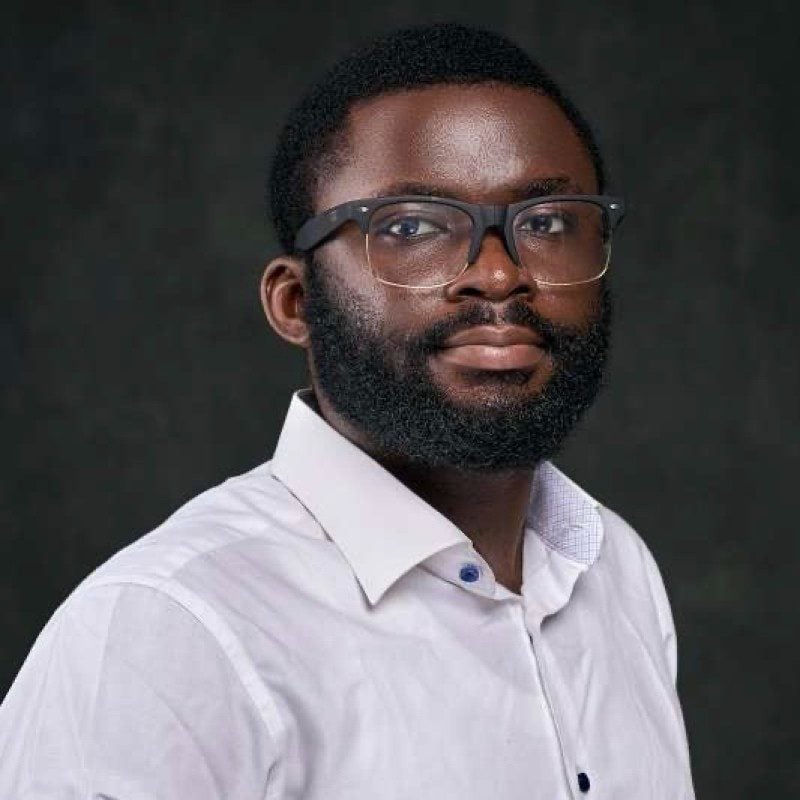Erasmus Mundus Scholarship Recipient, Farzana Shaheen from Pakistan’s Hunza Valley, Shares Her Journey of Studying Education in Museums and Heritage Across Scotland, Estonia, the Netherlands, and Austria
University: University of Glasgow (Scotland), University of Tartu (Estonia), Radboud University (Netherlands)
Degree: Erasmus Mundus Joint Master’s in Education in Museums and Heritage (EDUMaH)
Previous Education: MSc in Archaeology – Quaid-i-Azam University; B.Ed. and M.Ed. – Teacher Education, Pakistan
Scholarship: Erasmus Mundus Joint Master’s Scholarship – Fully Funded
Other Offered Scholarships (if any): Central European University (Partial); University of Bologna (Admission offer, visa not obtained)
Social Media
LinkedIn: linkedin.com/in/farzanashaheen/

The Journey
My name is Farzana Shaheen, and I come from the breathtaking Hunza Valley in northern Pakistan, a region known for its majestic mountains, vibrant culture, and deep-rooted traditions. I am currently a student of the Erasmus Mundus Joint Master’s Degree in Education in Museums and Heritage (EDUMaH), a transformative academic journey that has taken me across Europe. As part of this unique programme, I had the opportunity to study in multiple countries, gaining both academic and cultural insights. My first semester was at the University of Glasgow in Scotland, followed by a second semester at the University of Tartu in Estonia. For my third semester, I moved to Radboud University in Nijmegen, the Netherlands. Additionally, I undertook a two-week internship placement at Kunsthaus Graz in Austria, where I gained practical experience in a leading contemporary art museum. I returned to the University of Glasgow to complete my dissertation, bringing my journey full circle. This experience has not only deepened my understanding of education, museums, and heritage practices across different contexts but has also expanded my worldview and strengthened my adaptability, cultural awareness, and academic confidence.
Could You Briefly Discuss the Erasmus Mundus Program You Pursued and the Specific Field of Study It Focused On?
Erasmus Mundus Joint Master's Degree in Education in Museums and Heritage (EDUMaH) is a uniquely innovative and multidisciplinary programme designed to train the next generation of museum and heritage professionals. EDUMaH equips students with the critical knowledge and practical skills to engage with the cultural, political, and economic dimensions of museum and heritage work in the 21st century. The programme offers rich academic content alongside in-situ learning, including three mobility periods across Europe, language learning opportunities, and a hands-on professional placement in a museum setting. Throughout the programme, we explored core educational theories, heritage policies, and museum practices while conducting research on how learning takes place in and through museums. EDUMaH combines academic rigour with practical experience, culminating in a research-based dissertation that prepares students for both scholarly and professional careers in the field of museum and heritage education.
Educational Background
Before joining the Erasmus Mundus EDUMaH programme, I completed an MSc in Archaeology from Quaid-i-Azam University, one of Pakistan’s leading institutions. My academic training in archaeology nurtured my interest in cultural heritage, history, and preservation themes that align closely with museum and heritage studies. In addition to this, I also pursued a Bachelor of Education (B.Ed.) and a Master of Education (M.Ed.) degrees while working as a Teacher Educator. This combination of educational practice and heritage studies helped me develop a multidisciplinary perspective, which was incredibly valuable for the diverse and multi-country learning environment of the Erasmus Mundus programme. It prepared me to engage critically with heritage education from both theoretical and practical angles across different cultural contexts.
At the beginning of my Erasmus Mundus journey, I was naturally a bit anxious. Stepping out of your comfort zone is never easy, and the idea of living and studying in multiple countries felt both exciting and intimidating. However, I soon discovered that this very challenge is what leads to the most growth. My first move from Pakistan to the UK was relatively smooth, as I was already familiar with British culture and language. But I was more uncertain about relocating to European countries like Estonia, Austria, and the Netherlands, especially because of potential language barriers. Thankfully, once I arrived, I realised how welcoming and enriching each place was. The opportunity to immerse myself in different cultures, traditions, and even languages turned out to be one of the most rewarding aspects of the programme. One of the great strengths of Erasmus Mundus is that it offers free language courses, which helped ease the transition and allowed me to connect more deeply with local communities. Learning new languages not only improved my communication skills but also broadened my cultural understanding and appreciation.
How Did You Prepare to Apply for the Scholarship?
Preparing to apply for international programmes like Erasmus Mundus took me about a year of careful planning and dedication. I began by ensuring all my documents, such as degrees, transcripts, and identification, were properly attested, legalised, and aligned with the specific requirements of each university or scholarship.
I applied to multiple competitive programmes and scholarships, including:
- Erasmus Mundus (EDUMaH)
- Central European University (CEU), Austria.
- University of Bologna, Italy
Each opportunity had its own unique set of requirements, so I developed a personalised schedule to track deadlines and necessary documents. This helped me stay organised and reduce last-minute stress.
One of the most challenging yet essential parts of my preparation was the IELTS exam. Since different scholarships had different English language requirements, I had to take the test twice:
- IELTS UKVI for Erasmus Mundus
- IELTS Academic for CEU and Bologna University
Additionally, I had to write a research proposal for CEU, and for all programmes, a strong personal statement was crucial. I reached out to current or former scholarship holders to review and critique my statements. Their feedback and insights played a big role in refining my application documents.
What Do You Think Made Your Application Stand Out?
What made my Erasmus Mundus application stand out, I believe, was a clear alignment between my background in heritage education and the goals of the EDUMaH programme, alongside my demonstrated commitment through well-prepared documents, tailored statements, and academic readiness. Erasmus Mundus appealed to me the most because of its multi-country learning model, academic excellence, cultural exposure, and generous funding, all of which made it a truly life-changing opportunity.
Were You Offered any Other Scholarships?
Fortunately, I was offered admission to all the opportunities I applied for. The first offer came from the University of Bologna, Italy, but unfortunately, I was unable to obtain a visa, which was quite disappointing at the time. A month later, I received an offer from the Central European University (CEU) in partnership with the University of Vienna, Austria. I went through an interview where I discussed my research proposal, and shortly afterwards, I was issued an admission letter. However, I was only awarded a partial scholarship and not a fully funded one. Due to financial constraints, I requested additional time to make a decision. Not long after, I received the offer from the Erasmus Mundus (EDUMaH) programme. I carefully compared the funding, structure, and benefits of the Erasmus Mundus offer with CEU and ultimately decided to accept Erasmus Mundus due to its fully funded scholarship, multi-country experience, and strong alignment with my academic and professional goals. Looking back, I am truly grateful for my decision to choose Erasmus Mundus, as it has provided me with invaluable international exposure, academic depth, and professional growth.
How Did the Cost of Living Vary Across the Countries You Studied In? Which Country Was the Most Affordable or Expensive, and How Did You Manage Financially?
Among all the countries I studied in during my Erasmus Mundus mobility, Estonia was the most affordable. Tartu is a charming and walkable city, with a low cost of living that makes it particularly friendly for international students. Learning a bit of the Estonian language can be a big advantage, especially when searching for part-time jobs. In contrast, the Netherlands and Glasgow, Scotland, were the most expensive. Accommodation in Nijmegen, Netherlands, was especially challenging, as there is an ongoing housing crisis, and it’s nearly impossible to find affordable housing outside of student accommodation. In Glasgow, while housing is also expensive, it is still possible to find options further from the university, and public transportation is relatively affordable compared to the Netherlands. To manage financially, I budgeted carefully, prioritised student housing where possible, and took advantage of student discounts and university support services. Being proactive and flexible with housing and lifestyle choices was key to staying within my budget across different countries.
Did You Face Any Language Barriers, and if So, How Did You Overcome Them? Did the Language of Instruction Change from One Country to Another?
In the UK, language was not a barrier as English is the primary medium of communication and instruction. However, I did face language challenges during my time in Estonia and the Netherlands. In Tartu, for instance, English was not commonly spoken in everyday settings, especially in local shops or when using public services. Simple tasks like grocery shopping often require the help of Google Translate. To overcome this, I enrolled in a free Estonian language course offered through the Erasmus Mundus programme, which helped me navigate daily life more confidently. Although the language of instruction for all courses remained English throughout the programme, adapting to local languages for daily interactions required extra effort. Embracing the challenge and learning the basics of the local language not only made day-to-day life easier but also enriched my cultural experience.
Would You Recommend the Erasmus Mundus Program to Others? What Advice Would You Give to Someone Considering This Scholarship?
I highly recommend this wonderful opportunity to anyone interested in international education, cultural exchange, and academic excellence. The Erasmus Mundus programme is not just a scholarship; it’s a transformative journey that offers academic, professional, and personal growth through its multi-country, interdisciplinary structure.
Many prospective students have reached out to me with questions, and one common issue I have noticed is that they often overlook the details of the programme structure and objectives. My advice is to thoroughly read the programme descriptions, understand the learning outcomes, and reflect on how your academic background, interests, and career goals align with them. When writing your personal statement, don’t just list your achievements; clearly articulate how the programme fits into your long-term aspirations and how your past experiences have prepared you for the unique challenges of studying in multiple countries. Tailoring your application with genuine alignment to the programme’s vision can make you a standout candidate.
Looking Back, Would You Have Done Anything Differently During Your Time in the Program?
Looking back, I realise that I could have participated in more volunteering activities and internships alongside my studies. While the academic and cultural experiences were incredibly enriching, engaging more with professional opportunities would have helped me build stronger networks and gain practical experience in the field. Taking full advantage of these opportunities, not just academically but also professionally, can enhance your confidence, improve your CV, and better prepare you for the global job market after graduation.
Want to submit your
scholarship journey?
Submit Your Story Here!
More Scholarship Recipients

My name is Katherine Rabik, and I am a Canadian PhD student based in South Africa. My research is in science communication a .... Read more

My name is Enes Karakaya, and I am originally from Turkey. My academic and professional journey has taken me across Turkey, .... Read more

I’m Joseph Akpan, a Black African researcher in Sustainable Systems Engineering (SUSE). I care deeply about how engineerin .... Read more
- Canada
- Durban University
- Erasmus Mundus Scholarship
- Eyes High Doctoral Recruitment Scholarship
- Fully Funded Scholarships
- Industrial Engineering
- Master's Scholarships
- Nigerian Nationality
- Ph.D. Scholarships
- Robert B. Paugh Memorial Scholarship in Engineering
- South Africa
- Spain
- Sustainable Systems Engineering
- University of Calgary
- University of Valladolid

Leave A Comment